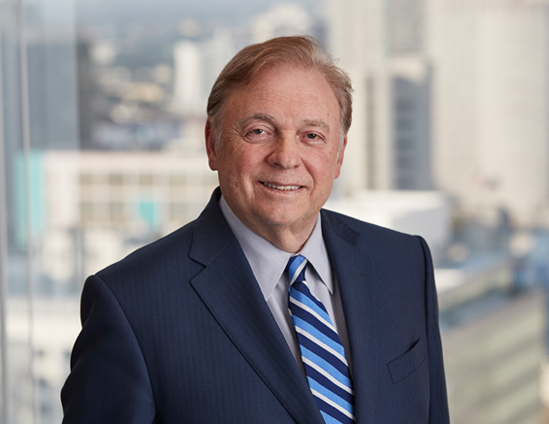This month, Hispanics across Florida are taking time to celebrate the achievements of our community, past and present. Hispanic contributions to our state are as rich and varied as the Hispanic cultures that call Florida home. We are living in a time of transformative change, and the recent appointment of Justice Sonia Sotomayor to the U.S. Supreme Court is historic and cause to celebrate.
But who will follow in her footsteps?
Despite recent advances, there still is a need to develop and inspire the next generation of Hispanic lawyers, judges and legal professionals.
As Hispanic population numbers grow, so, too, do our legal needs. According to the Florida Legislature's Office of Economic and Demographic Research, Florida's Hispanic population is projected to represent 21.5 percent of the total population by 2010, and it is vital that the Florida legal profession is prepared to meet these needs.
Hispanic Americans share many of the same legal needs as other Floridians. From incorporating family businesses to drawing up wills and mitigating family-law issues, Hispanics need the same help from lawyers that most Americans need when it comes to building and preserving their family's piece of the American dream.
However, Hispanics also have legal needs unique and specific to our community. Access to legal services can be difficult to navigate, as many Hispanic families face language and financial barriers. Additionally, legal issues involving immigration, refugee status, notary fraud, access to equal housing and voting rights are just a few examples of the unique challenges that Hispanics face in our courts.
We need a generation of lawyers in Florida that is committed to serving the Hispanic community, speaking the language and reflecting every aspect of Florida's cultural diversity.
Additionally, our civic institutions and courts should also be reflective of our state's heritage. Sotomayor's appointment sends an important and hopeful sign to the nation's fastest growing population. No office and no achievement should be beyond the reach of a highly capable person. As one who understands the first-hand effects of bias, I am proud to live in a country whose highest court in the land now claims a Hispanic woman.
Growing up in Cuba, I witnessed how basic liberties and freedoms can vanish in the blink of an eye. Arriving in America, I was inspired by the promise of democracy and chose a career that actively promotes liberty and defends justice.
But careers in the legal profession don't happen overnight. Long-term investments all along the educational pipeline must start today. We must seek a collaborative approach in order to expand the success of underrepresented students in colleges, universities and law schools.
Once they become lawyers, the American Bar Association stands ready with programs and services to help them succeed in the profession, taking their places at leading law firms, legal departments, the judiciary, legal academia and the institutions that guide and serve society.
Our Florida communities, Legislature, civic leaders, parents and teachers need to be committed to increasing diversity in the legal profession -- from the classroom to the judicial bench. Diversity in the legal profession reaffirms our state's heritage as a place that welcomes the contributions of dreamers and entrepreneurs with open arms.
Stephen N. Zack is president-elect of the American Bar Association and will be the first Hispanic American to assume the ABA presidency. He is a partner at Boies, Schiller & Flexner in Miami.
